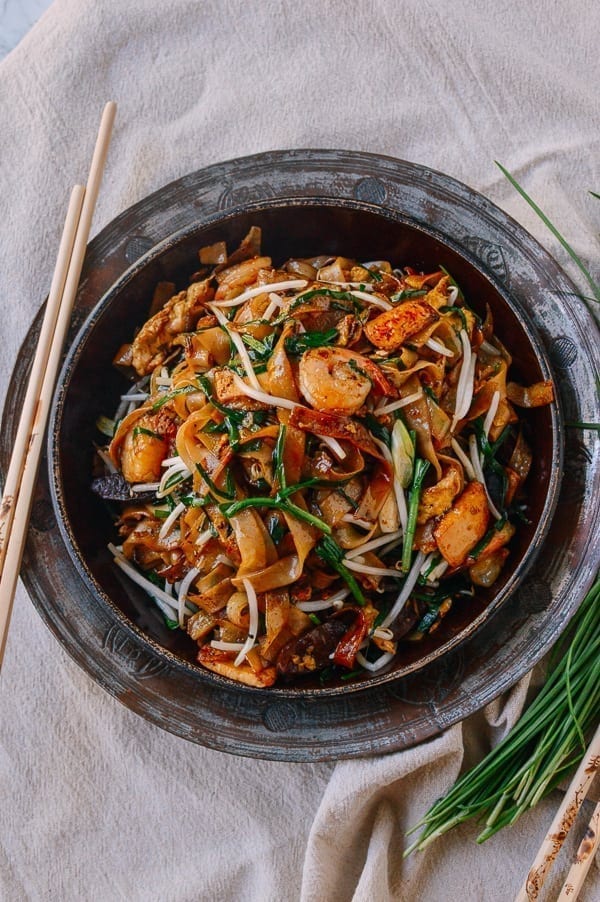"God does not call us all to great things, but calls us to do small things with great love."
Trying to soothe the chronic feeling of inadequacy with the balm of reminding myself that I am enough. I am reminded that it is not about how I want to fashion myself and serve my own ambition, but it is truly that I am His work, and I am fashioned according to his exact purposes.-Mother Teresa
Today, conversation turned to a hawker who worked from 6am to 10pm frying char kway teow and happily drove his Mercedes to work every day. Then, to a multi-millionaire businessman who, in university, made many friends, enjoyed life, and was mostly having his homework done for him by his more intellectual friends. Then, to someone who loved fiddling with watches, and now consults with top watchmaking companies.
Char kway teow
One capitalised on his culinary skills and became a hawker. Even though he may not be widely acknowledged with a Michelin star, the people who know of him appreciate his work, and he is the local's secret.
The other capitalised on his social intelligence, in working through the system to achieve their own ends, and became a businessman. He followed his interest in people, in talking to others, in managing money and making profit. He might not be as famous and high-profile as Bill Gates, but I doubt that was what he wanted.
All three pursued their passion. Did they know what they wanted? Yet each person created space in their lives to keep doing what they were passionate about.
Every moment of our day, every opportunity that comes our way, we are equipped with the sum of our experiences, skills, temperament and character, and we are leveraging this to move forward. Formally or informally, we are carving our own training pathways, and creating our own opportunities.
Too introverted. Too weak. Bad sleeper. Overthinking again. A litany of deprecation that never ends. I realise that everything is relative, and these weaknesses don't just mean that I am not cut out for something. It means I am better cut out for something else. When it comes to what I want, I would be a fool to think I know what that is.
What I do know is what I am passionate about. God. Loved ones. Writing. Dance. Health.
I realise that His grace is sufficient for me. I am reminded that all I can do is do what I can, with as much love as I can muster. Appreciate what I have. Make the most of the opportunities that lie before me.
I look at the love that I have, and the love that I have not, and lay it all before the one who loves me more than I can conceive of love.
"Take my yoke upon you and learn from me, for I am gentle and humble in heart, and you will find rest for your souls. For my yoke is easy and my burden is light.”
-Matt 11:29-30 NIV
